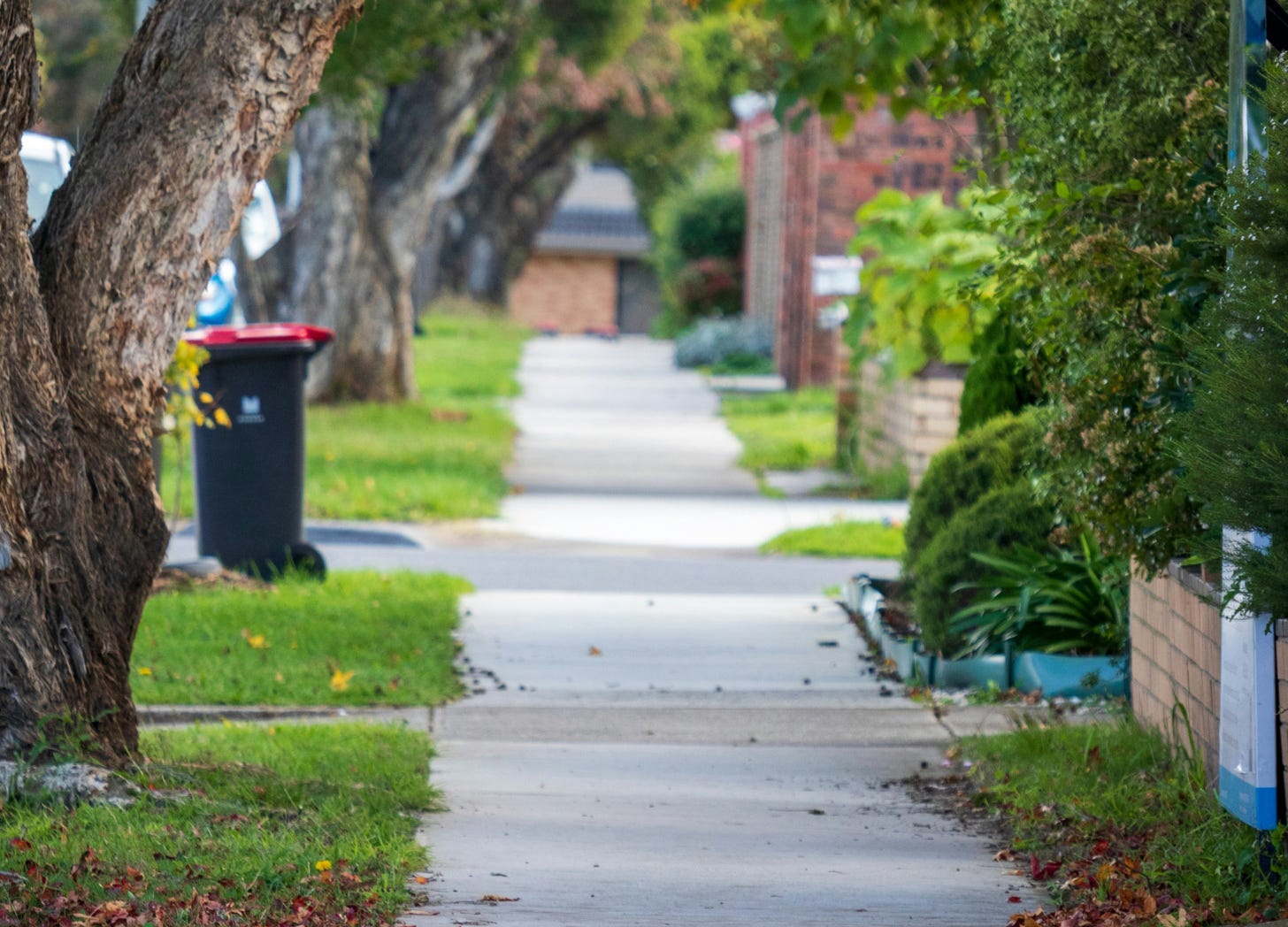Ratepayers could fork out $700k for controversial council antisemitism plans
Pro-Israel lobby wants councils to adopt antisemitism plans critics say threaten free speech and fairness
Adopting controversial antisemitism action plans encouraged by pro-Israel lobbyists could cost local councils at least $730,000, according to a new estimate.
Councillors from across Australia were handed a Local Government Antisemitism Action Plan put forth by pro-Israel advocates at the Australian Mayors Summit Against Antisemitism on the Gold Coast in September.
The action plan, which has been labelled a “far-right strategy” by the Jewish Council of Australia (JCA), calls for:
the adoption of the contentious International Holocaust Remembrance Alliance (IHRA) definition of antisemitism, which opponents say conflates criticism of Israel and Zionism with antisemitism
engaging “with state police regarding the location and management of protests”
data collection of “antisemitic incidents”
public awareness campaigns and greater education on “Jewish history”.
“The best way to combat antisemitism locally is through holistic anti-racism work, not narrow, politicised plans designed to serve the agenda of pro-Israel lobby groups,” Max Kaiser, executive officer at the JCA told Deepcut.
The mayoral summit sparked concerns among several councillors who fear the intrusion of pro-Israel lobbying activities into local government.
“Pretty plainly, the IHRA definition of antisemitism is designed to restrict criticism of the state of Israel,” Cr Owen Cosgriff at the City of Greater Bendigo said.
A costly exercise
If such action plans are adopted, ratepayers would be required to foot the bill, according to Cr Rhonda Garad at the City of Greater Dandenong in Melbourne’s south-east.
“A whole-of-local government adoption of the IHRA under foreign pressure sets a dangerous precedent, opening the door to external and undemocratic influence. We should all be very concerned about this,” Garad told Deepcut.
Garad costed the implementation of the proposed antisemitism action plan in her local government area, drawing on past advisory initiatives to determine the sums.
The councillor accounted for $350,000 for staffing costs alone to cover the action plan’s wide scope across public campaigns, education, data collection and law enforcement.
The other dilemma raised by Garad was sourcing the money to fund such action plans. The councillor estimated that her own council “would need to divert approximately 37% of its roughly $2 million community grants budget”.
Councils adopting the IHRA definition
So far, only Waverley Council in Sydney has a “strategy to combat antisemitism”, which it announced in March 2025.
After the Gold Coast summit, Bayside City Council in Melbourne endorsed the IHRA definition, and said it would “explore a strategy... to support social cohesion that addresses but is not limited to antisemitism”.
Bayside’s neighbour, Glen Eira City Council, also endorsed the IHRA definition back in 2022.
Of the three councils, two – Waverley and Glen Eira – have substantial Jewish communities comprising 16% and 17% of their respective jurisdictions, according to the 2021 Census.
“There is nothing, on the face of it, wrong with councils developing specific plans to address antisemitism, provided these sit within broader anti-racism strategies that support all communities,” Kaiser said.
“Jewish Australians, like all groups, should be able to live free from racism.”
Concerns of ‘favouritism’
Critics of the IHRA definition argue that requiring local governments nationwide to adopt it – as is being sought by controversial antisemitism envoy Jillian Segal – becomes problematic, particularly in areas where other marginalised communities are in need of support.
“There is a real risk that these plans, if pursued in isolation, will be perceived as favouritism, which in turn can fuel antisemitism rather than reducing it,” Kaiser said.
Garad echoes those concerns, and points to the fact that, according to the last census, the number of individuals who identified as Jewish in the City of Greater Dandenong was 183, or 0.1% of the population. By comparison, Buddhists number 25,124 or 16% of the area, and Muslims 22,522 or 14%.
And the City of Greater Dandenong – one of the most culturally diverse LGAs in the country – has a pressing racism problem. In 2023, a joint report by Victoria University and the cities of Casey and Greater Dandenong found 61% “of survey respondents from local multicultural, multifaith or Aboriginal communities have experienced racism”.
Yet the pro-Israel lobby’s push for such councils to adopt antisemitism action plans would result in the City of Greater Dandenong, according to Garad’s costing, spending $3,981 per Jewish resident and “redirecting funds away from high-needs communities – including African, Muslim, Aboriginal, South Asian, and refugee groups”.
“Adopting the IHRA in Dandenong would be unfair, undemocratic, and inequitable and risks weaponising local laws against our own community,” she said.





Great article, it's scary to know local councils are willing to make some kind of pecking order out of racism, thanks to Rhonda for shining a light on how much of our local funding could end up being spent on such supremacy!